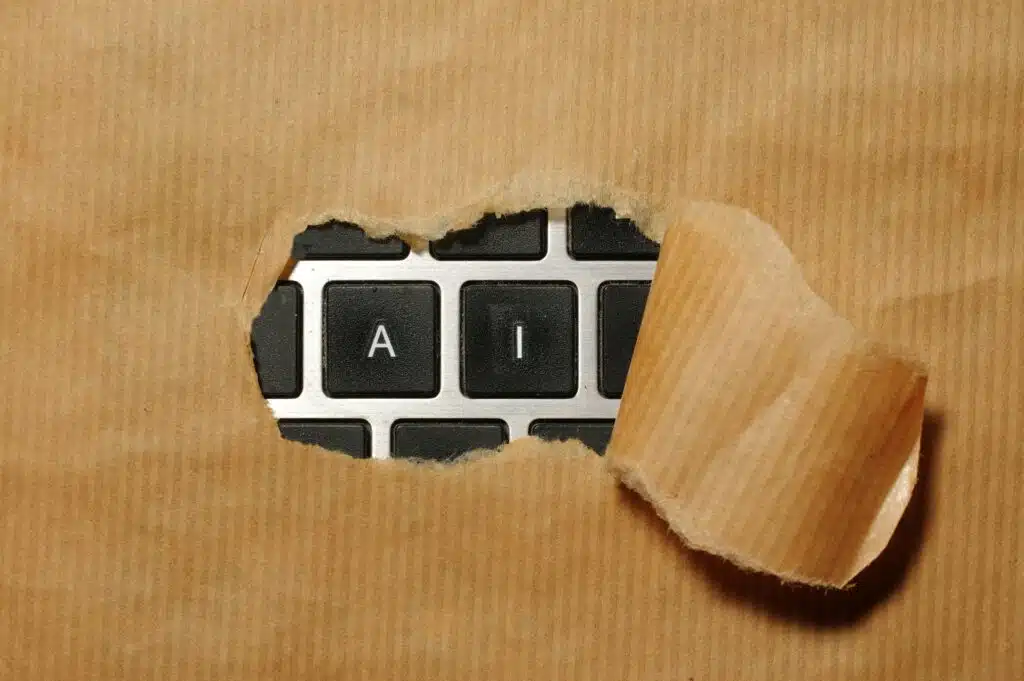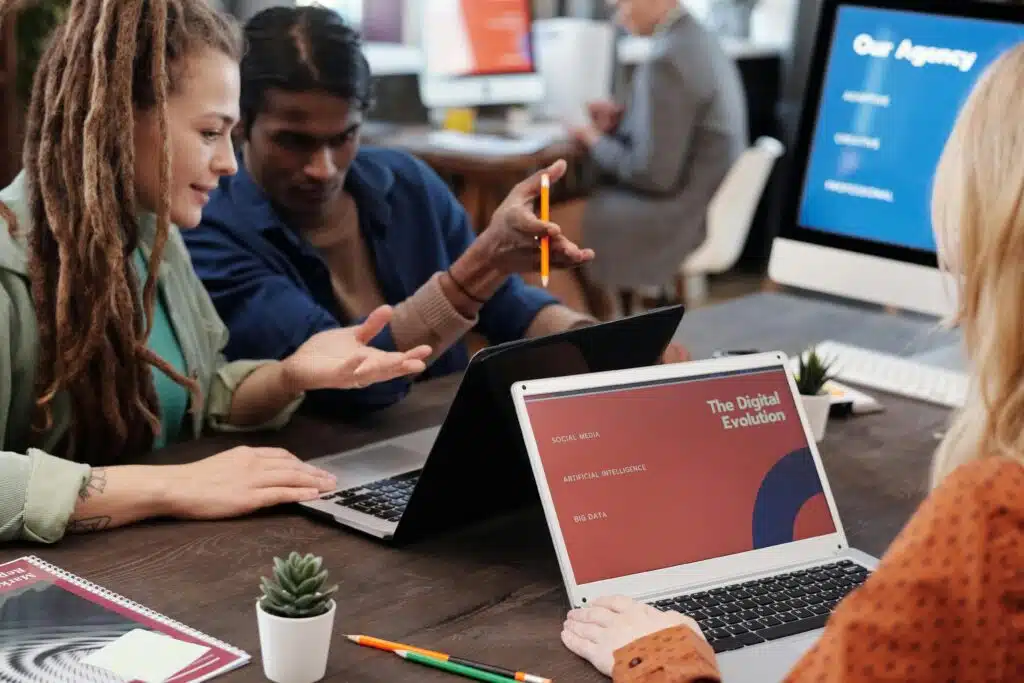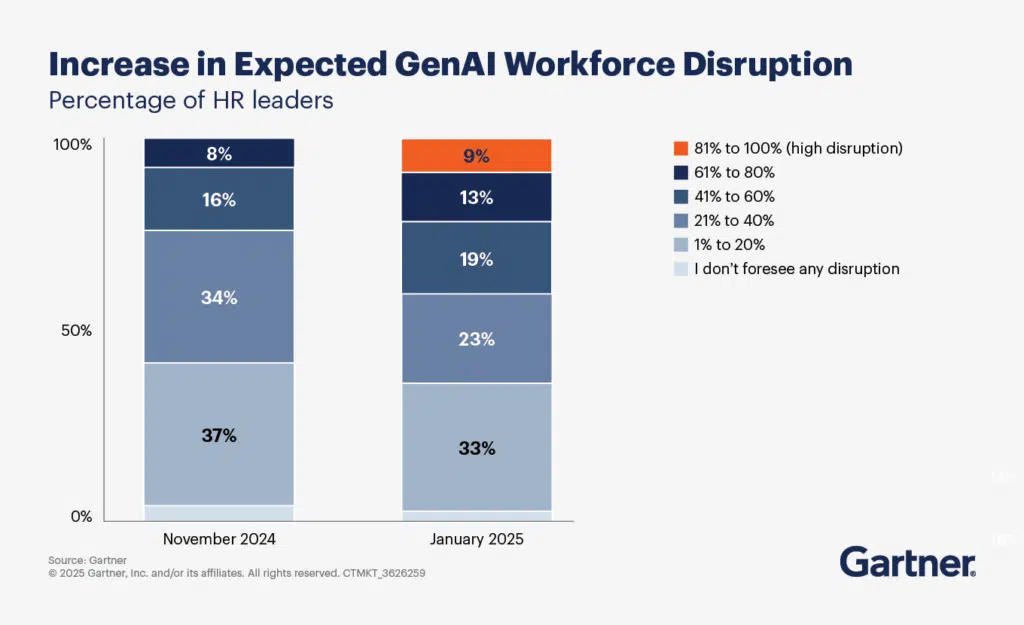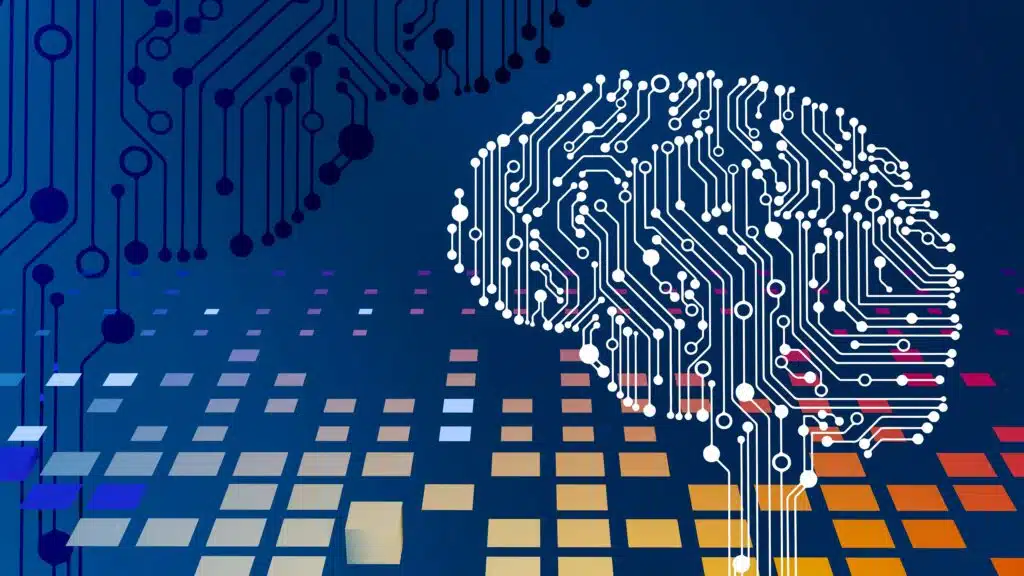If you work in HR today, you’ve probably heard a lot about AI-powered HR tools and maybe even felt a mix of curiosity and scepticism about whether they’re worth the investment. The truth is, artificial intelligence is no longer a “nice-to-have” future concept. It’s here, it’s powerful, and it’s already transforming the way HR teams across the world recruit, retain, and reward their people.
From speeding up recruitment to automating admin, AI-powered HR tools can free you up from the repetitive tasks and give you more time to focus on what really matters which is building a motivated, and high-performing workforce.
How AI is Shaping Modern HR
In years gone by, HR was heavily reliant on manual processes, paper files, spreadsheets, and a lot of intuition. Recruiting meant sifting through stacks of CVs, onboarding required endless emails and form-filling, and employee engagement was often measured by the occasional survey. Today, things look very different. AI has stepped in as a powerful partner for HR teams, particularly in terms of accuracy and automation which enables people managers to focus on strategy rather than repetitive admin.
AI can now handle tasks like scanning hundreds, or even thousands of applications in seconds, identifying candidates with the most relevant skills and experience. It can monitor workforce trends, spot patterns in performance data, and even flag potential issues such as disengagement or burnout before they become serious problems. Chatbots and virtual assistants are taking care of common employee queries, freeing HR professionals from spending hours answering the same questions about leave allowances or payroll dates. The real game-changer, however, is how AI is helping HR teams make better decisions, faster.

The Benefits of AI in HR
When AI is implemented well, the benefits go far beyond time savings. One of the most significant advantages is accuracy. Whether it’s payroll calculations, compliance checks, or candidate screening, AI systems are not prone to human error, meaning costly mistakes are reduced and confidence in HR processes increases. This accuracy can be particularly valuable in areas such as workforce planning, where a small miscalculation could result in being overstaffed during quiet periods or short-staffed at peak times.
There’s also a big impact on employee engagement. AI-powered tools can tailor communication, making recognition, feedback, and training opportunities feel more relevant to each individual. This personalisation shows employees they are valued as individuals rather than just part of a larger headcount. For HR leaders, AI provides a clearer picture of the overall health of the workforce, highlighting where morale is strong and where action is needed.
From a cost perspective, AI can be a game-changer. Predictive analytics can also prevent costly turnover by identifying employees at risk of leaving and giving HR the opportunity to step in early. In essence, AI makes HR faster, smarter, more precise, and ultimately more valuable to the entire business.

Practical Tips: How to Use AI-Powered HR Tools in Your Business
Here’s where things get exciting. There are AI tools for almost every aspect of HR and here’s how you can put them to work.
1. Smarter Recruitment
AI recruitment platforms like HireVue can scan CVs, shortlist candidates, and even conduct initial video interview assessments using natural language processing. This means:
- You find the right candidates faster.
- You reduce unconscious bias in screening.
- You save hours of manual reviewing.
Tip: Always review AI recommendations with a human touch, cultural fit still matters.
2. Streamlined Employee Onboarding
Tools like Enboarder use AI to create personalised onboarding journeys, sending reminders, training resources, and welcome messages automatically. This makes new hires feel supported from day one without overloading HR with repetitive tasks. Hitachi are a great example of a company who have used AI-powered digital assistant in order to speed up onboarding times and reduce HR involvement.
Tip: Blend AI automation with human connection and include live check-ins alongside automated onboarding sequences. A human welcome is still important and contributes to retaining employees in their first few weeks.
3. Employee Monitoring & Analytics
There has been a 22% improvement in employee satisfaction scores according to HR Grapevine for businesses that use AI sentiment analysis. Platforms like Workday or Visier offer AI-powered dashboards to track employee performance, engagement, and wellbeing. You can spot burnout risks before they become serious issues.
Tip: Be transparent with employees about what’s being monitored to maintain trust.
4. Payroll & Workforce Planning
AI payroll systems such as Gusto (US) or Sage People (UK) can automate salary calculations, tax filings, and compliance which reduces costly errors. AI can also forecast staffing needs based on seasonal trends, helping you plan ahead. 42% of UK businesses are already using AI in their payroll which shows just how vital these tools are becoming in the modern day HR strategy.
Tip: Use AI forecasting to align staffing with demand, this is perfect for industries with peak seasons.
5. Repetitive Admin Tasks
From answering common HR queries via chatbots to scheduling meetings, AI assistants like Leena AI can save hours every week.
Tip: Start with one high-volume repetitive task, automate it, and expand from there.
6. Employee Engagement & Communication
AI platforms like Culture Amp can send pulse surveys, analyse sentiment, and suggest engagement strategies to help you respond quickly to employee feedback.
Tip: Combine AI insights with personal gestures, like recognition awards or experience days, to keep engagement authentic and human.

Considerations Before Implementing AI in HR
As of Jan 2025, HR leaders believe that 37% of employees will be impacted by the implementation of AI in the next 2 – 5 years. So, before you jump in, think about:
- Data privacy – Ensure tools comply with GDPR (UK/EU) or CCPA (US) regulations.
- Integration – Choose platforms that work with your existing HR software.
- Bias risks – AI is only as fair as the data it’s trained on — monitor outcomes regularly.
- Change management – Prepare your team for the shift to AI by offering training and reassurance.

The Future of AI in HR
Expect AI to get even smarter by predicting resignations before they happen, offering real-time skills development recommendations, and tailoring career paths for each employee. But remember, the heart of HR is still human. AI is a tool to empower your team, not replace it.
Conclusion
AI-powered HR tools are about freeing HR teams to do more of what they do best: building strong relationships, boosting employee engagement, and creating workplaces people love. Whether you’re looking to improve recruitment, streamline onboarding, or keep employees engaged, AI can help you work faster, smarter, and with greater impact.
And when it comes to rewarding your people? Pair the best AI insights with unforgettable employee rewards. From supercar drives to hot air balloon rides or flexible gift cards, Virgin Incentives can help you turn recognition into memories your team will never forget. Get in touch below to find out more about our employee engagement and reward schemes:

